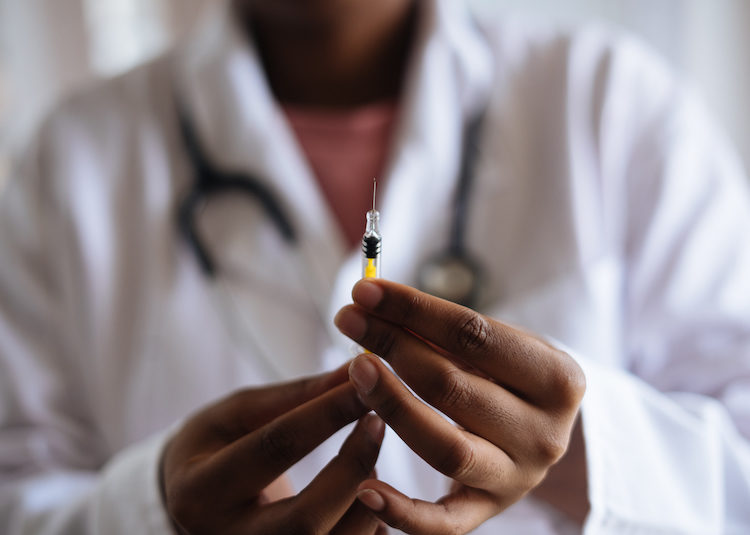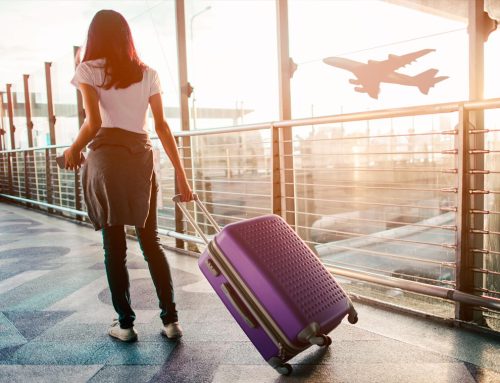Antibodies: The Bridge to a Vaccine
By Calla Chung
Coronavirus cases have seen a surge despite the many safety precautions taken. The world is anxiously awaiting a vaccine, which seems to be the only surefire way to eliminate the virus. The US Government’s Operation Warp Speed is intended to help oversee an accelerated development of COVID-19 vaccines, therapeutics, and diagnostics. There are currently five vaccine candidates in the clinical trial and more are expected to be in the near future.
Despite the prioritization of COVID-19 vaccine development, the road to a vaccine is still long and uncertain. The process of recruiting testing volunteers and keeping up with the demand for the required materials will not always go as expected, and making a vaccine widespread and accessible is a lengthy process. However, there are still steps to take along the way to temper the spread. Health experts believe antibodies are the bridge to a vaccine.
Monoclonal antibodies, or lab-produced antibodies that mimic antibodies, bind to the virus and prevent further spread. Antibodies have a record of treating viral diseases and reducing the severity of illness in infected people. There have been growing worries about the virus mutating and creating different strains, but antibodies can serve as a shield against virus mutations that dodges other drugs and vaccines. In other words, antibodies as different mixtures of molecules can be administered that target different parts of the virus. The prioritization of COVID-19 in the medical world may allow these antibodies to be available as early as this fall.
Meeting the high demand during the COVID-era is a strenuous task. According to the Duke Margolis Center for Health Policy, it is estimated that 25 million doses of monoclonal antibodies would be needed to treat symptomatic people and their close contacts over the next year, assuming the number of cases remains steady. That makes up half of all monoclonal antibody doses produced in the United States each year for all diseases combined. Although coronavirus research is prioritized at the moment, there is still a limited supply of monoclonal antibodies available based on previous years.
Since government funding for Operation Warp Speed focuses on vaccine development rather than antibodies, it is difficult at the moment to widely distribute these antibody drugs. However, even with limited federal funding, these antibodies could help immensely in treating infected individuals and saving lives. In order to meet the high demand, health experts suggest ramping up the production of antibody drugs even before they are FDA approved. It is crucial to consider all the tools available in preventing the spread, especially while awaiting a vaccine. Antibody drugs should be valued and prioritized as a necessary bridge to a vaccine, and ultimately a bridge to the end of the COVID-era.






